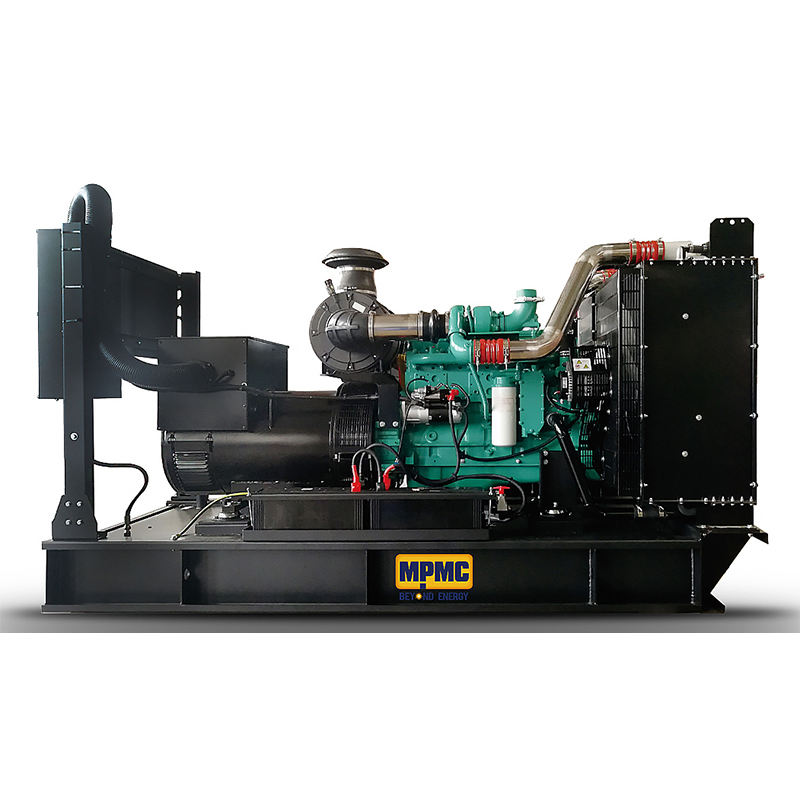The Importance of Generator Set Engineering Design
When it comes to power systems, the design of the generator set is absolutely necessary for optimal performance. A well-designed generator set can provide reliable power, reduce costs, and improve overall system efficiency. In contrast, a poorly designed generator set can result in frequent breakdowns, higher maintenance costs, and reduced system lifespan.
Factors to Consider in Generator Set Design
There are several factors to consider when designing a generator set, including load requirements, fuel type, environmental conditions, and regulatory compliance. Load requirements will determine the size and type of generator needed, while fuel type will impact operating costs and emissions. Environmental conditions, such as temperature and altitude, can also affect generator performance, so it's important to choose equipment that is appropriate for the specific location.
Load Analysis for Optimal Performance
One of the most important aspects of generator set design is load analysis. This involves determining the power requirements of the system, including peak loads and cyclical loads. By accurately assessing the load requirements, engineers can design a system that is optimized for performance, while also minimizing costs and reducing the risk of equipment failure.
Improving Generator Set Performance
Once the generator set has been designed and installed, there are several strategies that can be used to improve its performance. Regular maintenance and testing are essential for ensuring that the generator is operating at peak efficiency. Additionally, implementing a power management system can help to optimize load distribution and reduce energy waste.
Maintenance and Testing
Regular maintenance and testing are critical for ensuring that the generator set is operating at optimal performance. This includes routine inspections, oil changes, and load bank testing. Load bank testing involves running the generator at full capacity to identify any potential issues before they become major problems. By performing regular maintenance and testing, you can extend the life of your generator set and reduce the risk of equipment failure.
Power Management Systems
Power management systems can also help to improve generator set performance by optimizing load distribution and reducing energy waste. These systems use advanced algorithms to monitor power usage and adjust load distribution in real-time. By optimizing load distribution, you can reduce energy waste and improve overall system efficiency.
Reducing Costs and Improving Efficiency
Reducing costs and improving efficiency are key goals for any power system. One way to achieve these goals is by implementing energy-efficient technologies, such as variable speed drives and high-efficiency motors. Additionally, optimizing generator set design can help to reduce fuel consumption and maintenance costs.
Energy-Efficient Technologies
Variable speed drives and high-efficiency motors can significantly reduce energy consumption and improve overall system efficiency. These technologies work by adjusting motor speed to match load requirements, reducing energy waste and improving power quality. By implementing energy-efficient technologies, you can reduce operating costs and improve system performance.
Optimizing Generator Set Design
Optimizing generator set design can also help to reduce costs and improve efficiency. This includes choosing the right size generator for the load requirements, selecting fuel-efficient engines, and implementing advanced control systems. By optimizing generator set design, you can reduce fuel consumption, maintenance costs, and emissions, while also improving overall system performance.
Conclusion
Optimizing power systems through effective generator set engineering design is essential for ensuring reliable power, reducing costs, and improving overall system efficiency. By considering load requirements, fuel type, environmental conditions, and regulatory compliance, engineers can design a generator set that is optimized for performance. Additionally, regular maintenance and testing, power management systems, and energy-efficient technologies can help to improve generator set performance and reduce operating costs. So, the next time you're designing a power system, remember the importance of generator set engineering design.





